Interviews
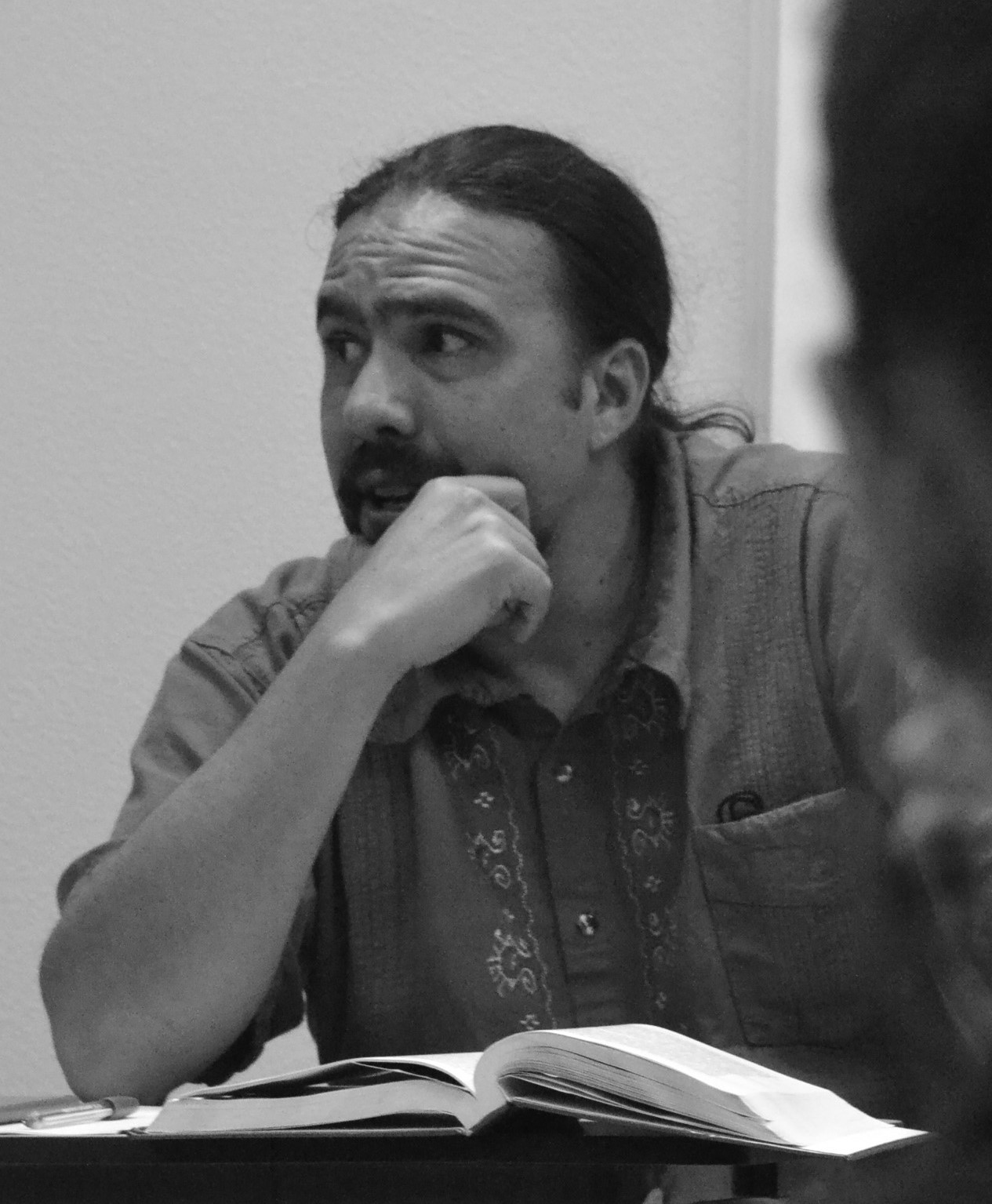
Mario Zúñiga Núñez (Photographer: Javier Perez Zúñiga)
The University of Costa Rica launches regional support initiative for academics in exile: context, challenges and good practices for a solidarity-driven academia
Interview with Mario Zúñiga Núñez. Coordinator of the Central American Campus for Academic Freedom, University of Costa Rica
(May 2023)
In this interview, anthropologist Mario Zuñiga Núñez from the University of Costa Rica introduces us to the Central American Campus for Academic Freedom [Campus Centroamérica por la Libertad de Cátedra], a key initiative to support and give an appropriate response to researchers and faculty members that have been forced from their home countries because of the growing practices of persecution, authoritarianism and repression in the region. The Central American Campus for Academic Freedom is the first institutional initiative of its kind in Latin America. Mario shares with us the challenges facing the initiative and some good practices that could be adopted by other academic institutions interested in assisting and supporting faculty members and researchers forced into exile.
Mario Zúñiga Núñez is a social anthropologist and associate professor at the Anthropology School of the University of Costa Rica (UCR), and coordinator of the Central American Campus for Academic Freedom of the University. Mario holds a master’s degree in Social Sciences from the Latin American School of Social Sciences (FLACSO) and a PhD in Society and Culture Studies from the UCR. He is currently a researcher at the Anthropological Research Centre (CIAN). His recent publications include “Estudiantes como sombras del futuro”: las voces de las víctimas de la masacre del 30 de julio de 1975 en las memorias públicas de la Universidad de El Salvador [“Students as shadows of the future”: the voices of the victims of the 30 July 1975 massacre in the public memories of the University of El Salvador]; in the Philosophy Journal of the University of Costa Rica.
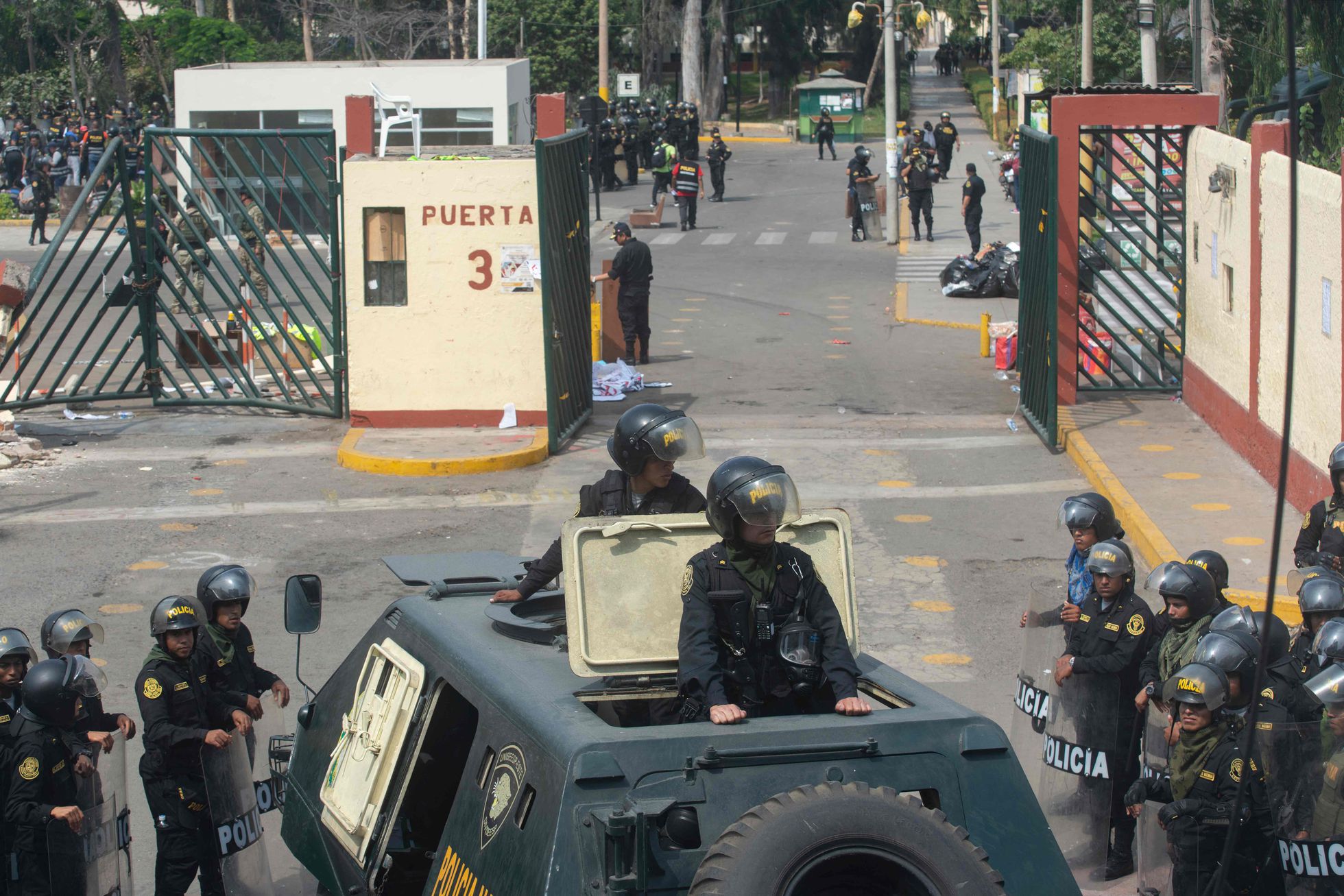
The image shows the main gate of the campus of the National University of San Marcos on 21 January 2023, when the police conducted a raid that ended up with 193 people detained (Photograph: Juan Mandamiento/AFP).
Political crisis, protests and social fracture in Peru: violence in the south and in Universities
Interview with Professor Narda Henriquez and former Congresswoman Indira Huilca
(February 2023)
In this interview, Narda and Indira offer a socio-historical overview of the current social and political situation in Peru, which has thrown the country into a serious institutional crisis profoundly affecting both universities and the student community.
Narda Henriquez is a sociologist and holds a PhD in Sociology from the Ecole des Hautes Etudes en Sciences Sociales in Paris. She was one of the founders of the first women’s studies programme at the Catholic University of Peru (PUCP) and has a long trajectory in the areas of human rights, social change and gender studies. Professor Henriquez was a gender consultant to Peru’s Truth and Reconciliation Commission and is the former president of Peru’s Association of Sociologists. In addition, Narda has conducted research into institutional violence and forced sterilisations in rural areas of Peru and has published on issues of inequality, human rights and women’s movements.
Indira Huilca Flores is a sociologist from the National University of San Marcos and is pursuing a master’s degree in Political Science and Government at the PUCP. Indira is a former member of the Peruvian Congress, representing Lima between 2016 and 2020. She served as chair of the Committee on Women and Family of Congress between 2016 and 2017. In addition, she was a member of the Committee on Labour and Social Security and of the Committee on Justice and Human Rights. Her work in Congress included following up gender equality public policies and advocating women’s rights.
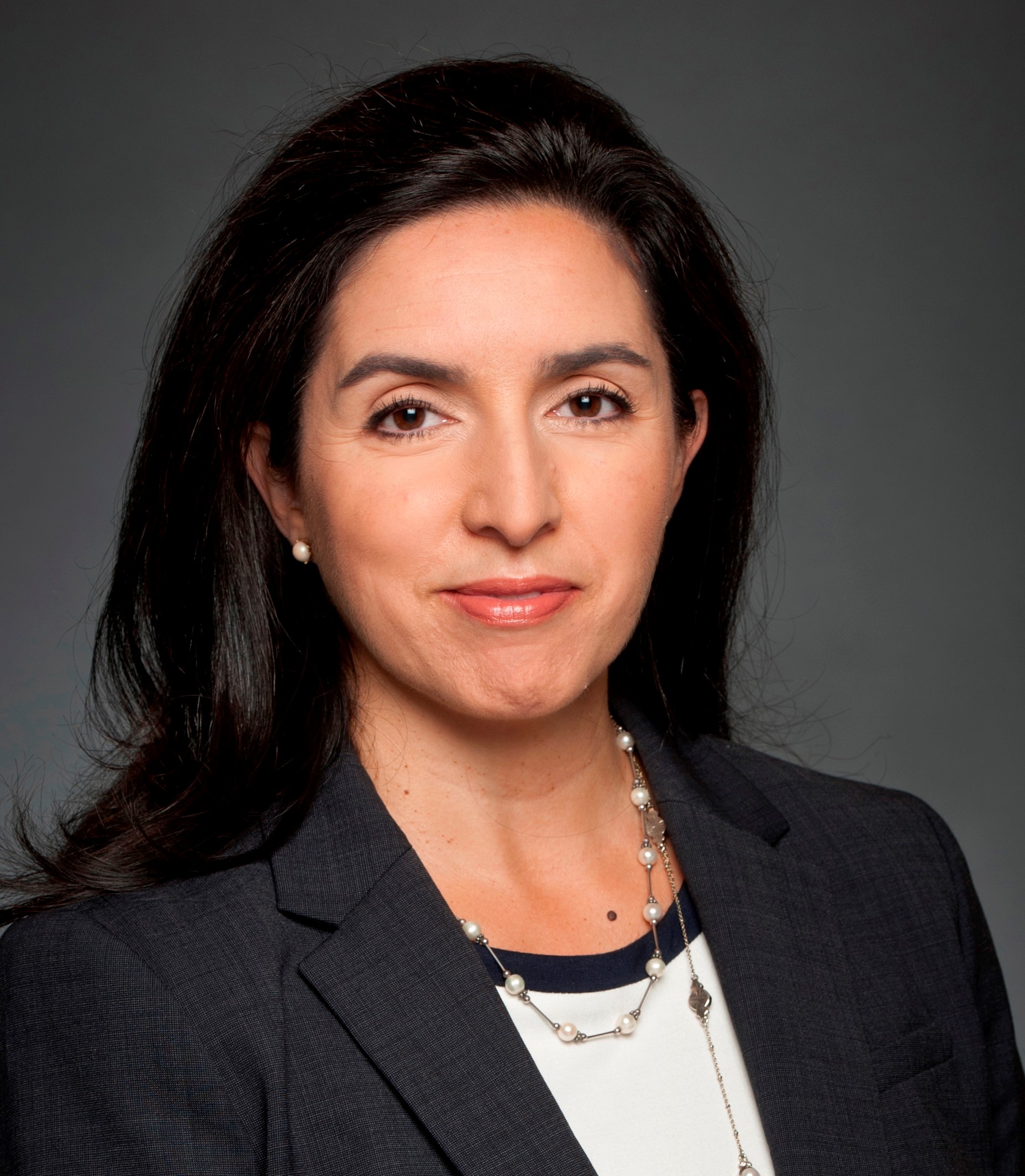
“We need to create more awareness and defend academic freedom in the Americas.”
Interview with Viviana Fernández, representative of the Coalition for Academic Freedom in the Americas, a joint project of the University of Ottawa, the University of Monterrey and the organization Scholars at Risk
January 2023
In the interview, Viviana Fernandez introduces us to the Coalition for Academic Freedom in the Americas (CAFA), a joint project of universities and civil society organizations to make visible the different challenges facing academic freedom in the region. Part of the project is the development of joint lines of action to contribute to provide effective responses to the constant attacks that the academic community faces in various countries of the continent. Among the main objectives of the Coalition is to contribute to the effective application of the Inter-American Principles on Academic Freedom and University Autonomy that were adopted in December 2021.
Viviana Fernandez is the Assistant Director at the Human Rights Research and Education Centre, University of Ottawa (uOttawa). She is a member of the Executive Board of the Association of Human Rights Institutes and sits in the Management Committee of the Interdisciplinary Research Laboratory on the Rights of the Child (uOttawa) since 2014 and the Committee for the Joint Chair in Women’s Studies, Carleton University and uOttawa since 2019. In addition, Viviana leads the Scholars at Risk uOttawa Program and in this context, she was elected to the Scholars at Risk (SAR) Canada Steering Committee from 2016 until 2022 (Chair in 2020-2022) and was a member of SAR’s International Advisory Committee (IAC) representing Canada since 2016. Starting in summer 2022, she is representing the Coalition for Academic Freedom in the Americas (CAFA) in the IAC, which is a joint project with Universidad de Monterrey (Mexico) and the SAR Network.
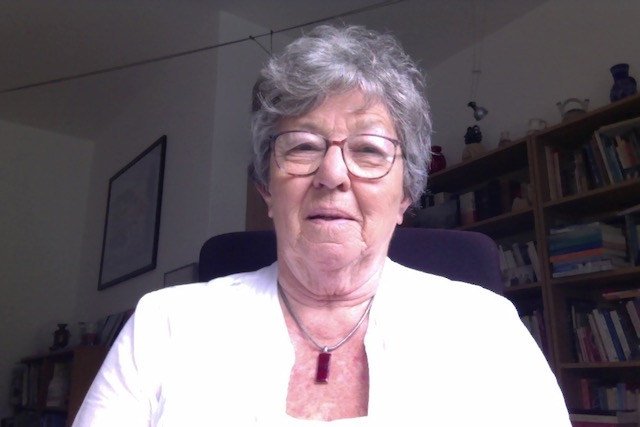
“It is very important to strengthen the networks and scientific societies in all scientific areas in Latin-America. These networks can support and help threatened or displaced colleagues whenever needed.”
Interview with Dr. Silvia Braslavsky, a chemist, who was a research leader until her retirement in the Max Planck Institute for Radiation Chemistry (today Max Planck Institute for Chemical Energy Conversion).
March 2022
In this interview Dr. Braslavsky tells us how the exodus and exile of scientists in Latin-America, and in particular in Argentina, due to military coups, threats and shear instability, also in the context of violence and state repression, are not new phenomena in the region. Having left Argentina twice (in 1966 and again in 1975) she tells us that violence, persecution and contempt against the scientific and academic community in Argentina have often recurred, with deep negative consequences for the social and scientific development of the country and also personally for scientists and their families.
Silvia Braslavsky emigrated from Argentina to Chile in 1966, after the military intervention of the Universities. From 1966 to 1969 she was a post-doctoral fellow in the United States and in 1972 she returned to Argentina as a Professor for the newly created University of Rio Cuarto in the province of Cordoba. In 1975 she again left bound for the US with her two daughters, then continued towards to Canada and in October 1976 she was invited to join the Max Planck Institute for Radiation Chemistry in Mülheim an der Ruhr (Germany), where she has led a research group on biological photoreceptors until her retirement in 2007.
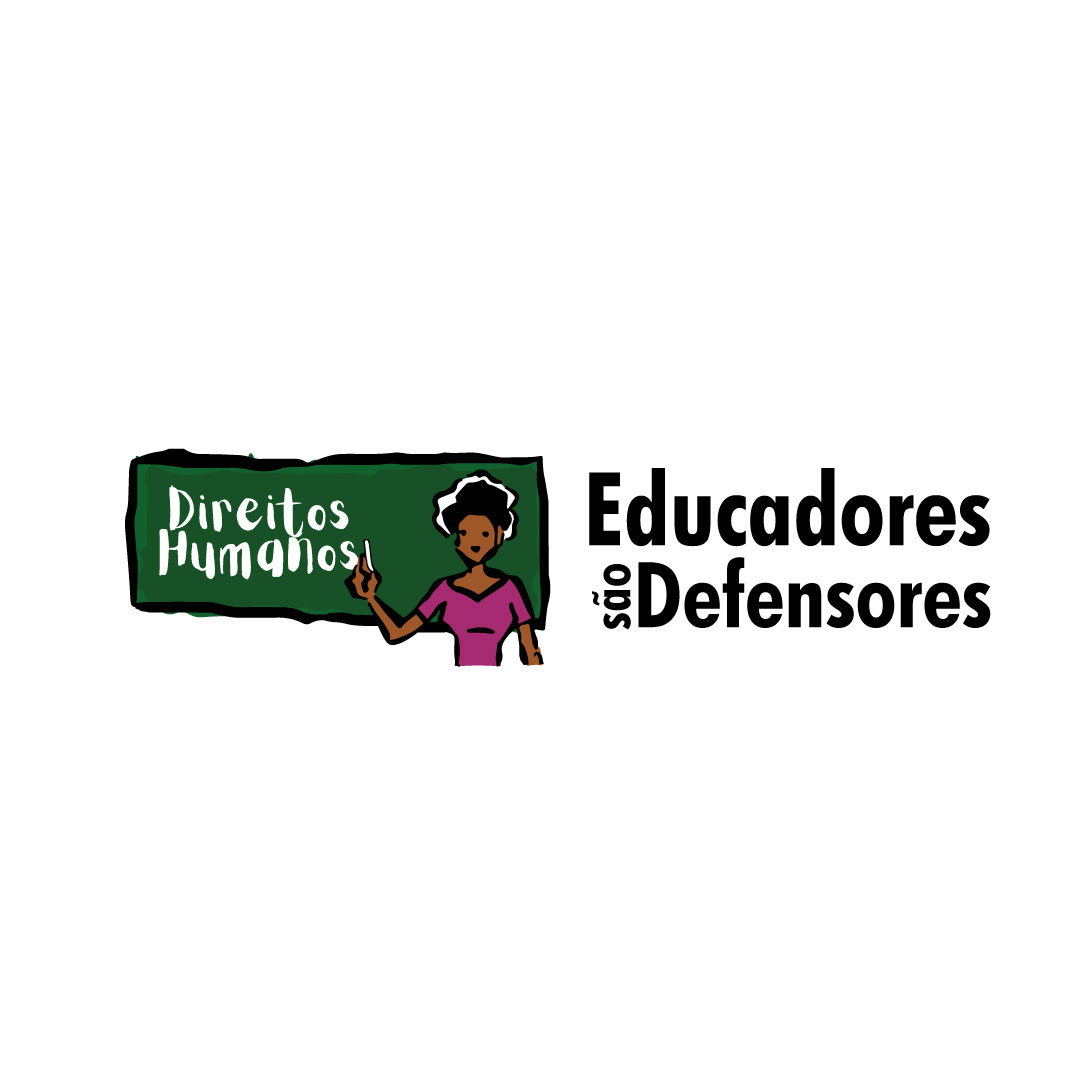
Exposure and persecution of professors in Brazil
Interview with Brazilian researchers and professors Pâmella Passos, Evelyn Morgan and Amanda Mendonça
(June 2021)
The three researchers currently working on the research project “Educators are defenders” [“Los educadores son defensores”] tell us about the worrying impact of the conservative advance on Brazilian education and the growing attacks suffered by those that research and teach from a critical perspective. In addition, they point to the ever-increasing use of social networks as an instrument of exposure, persecution and harassment of educators. All of these alarming events lead to a process of weakening democracy, the restriction of academic freedom and deterioration in the quality of public education in Brazil.
Pâmella Passos is a professor at the Federal Institute of Education, Science and Technology of Rio de Janeiro (IFRJ). She carried out two postdoctoral research studies, one in the Education Post-Graduation Programme from Fluminense Federal University (2021). Prior to that, she undertook a postdoctoral research at the Social Anthropology Post-Graduation Programme /National Museum/Rio de Janeiro Federal University (2016). In addition, Pâmella holds a PhD in Social History from the Fluminense Federal University and a Master’s degree in History, focused on Political History from the Rio de Janeiro State University. She is deputy director of the Technology, Education and Culture Research Group (GPTEC) and is currently the coordinator of the research project “Educators are defenders,” a feasibility study for the establishment of a shelter programme for educators at risk in Brazil.
Evelyn Morgan is a professor at the Federal Institute of Education, Science and Technology of Rio de Janeiro (IFRJ). She holds a PhD in History and Cultural Heritage from the Contemporary Brazilian History Research and Documentation Centre (CPDOC/FGV) of the Getúlio Vargas Foundation. She is at present deputy coordinator of the research project “Educators are defenders.”
Amanda Mendonça holds a PhD in Social Politics from Fluminense Federal University and was awarded a post-doctoral fellowship from the Education Post-Graduation Programme at the Fluminense Federal University (2021). She also holds a master’s degree in Education from the Education Post-Graduation Programme – PPGE / UFRJ and is a specialist in gender and sexuality issues from the Rio de Janeiro State University (UERJ). She is a member of the Observatory of Securalism in Education – OLÉ and an associated researcher of the Technology, Education and Culture Research Group (GPTEC). She is at present a general research assistant in the research project “Educators are defenders.”
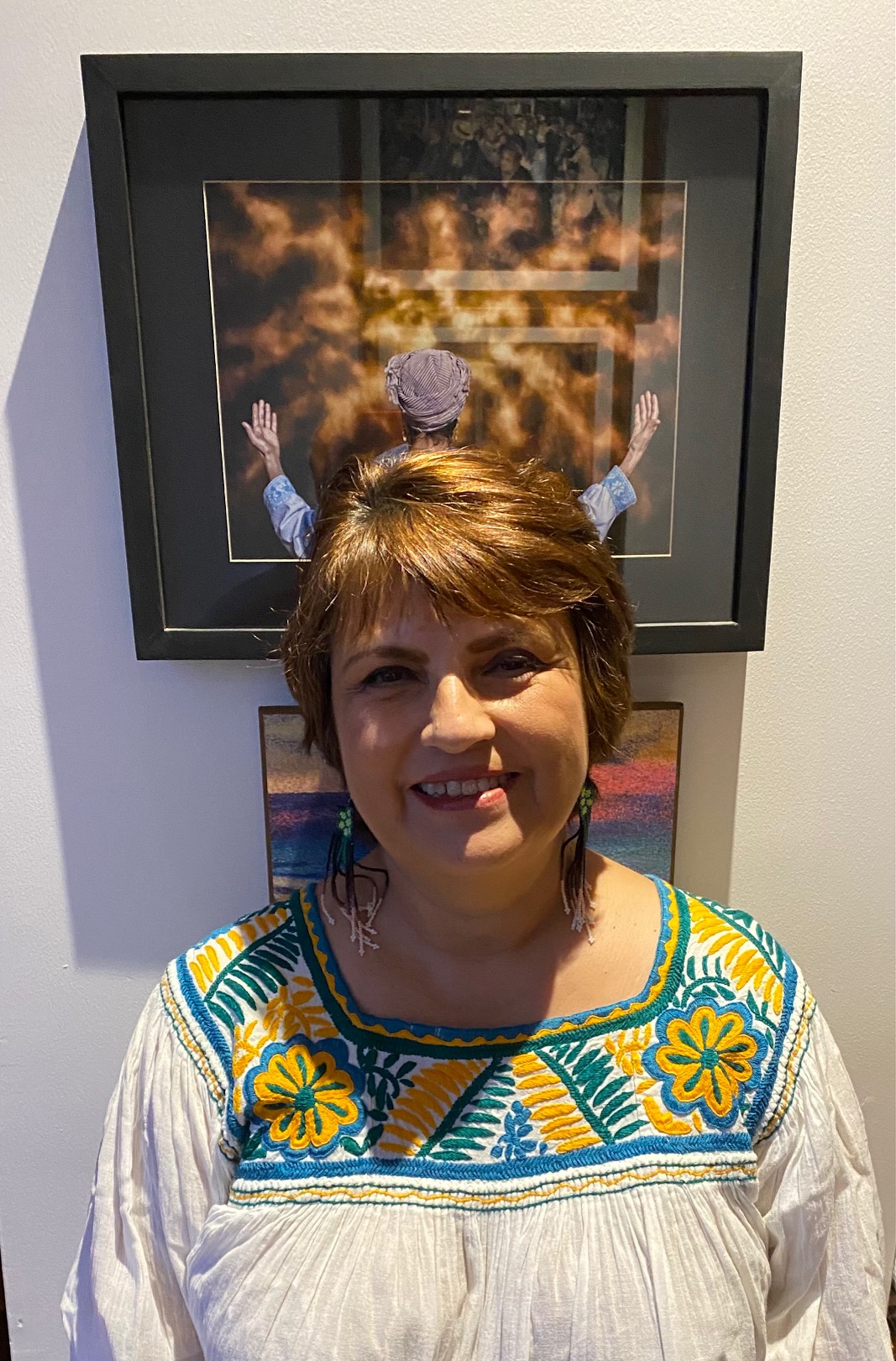
“Academics prefer to keep a low profile and avoid being identified as potential targets of attacks.”
Interview with Mexican researcher and historian Celia del Palacio
(May 2021)
Historian Celia del Palacio, a specialist in studies of violence against the press in Mexico, is currently conducting research into dynamics of attacks and violence against academics, students and universities in Mexico. In this interview, Celia shares with us some of the partial findings of her research on a type of violence that is usually invisibilised, concealed and even normalised by society and, on many occasions, by the victims themselves.
Professor Celia del Palacio holds a PhD in history from the National Autonomous University of Mexico (UNAM), and is a member of the National System of Researchers and a researcher at Veracruzana University. She has authored a significant number of renowned books and articles on the history of the press in the regions of Mexico and violence against Mexican journalists in the past few years. At present, Celia is a fellow at the Maria Sibylla Merian Center for Advanced Latin American Studies (CALAS) in Guadalajara.
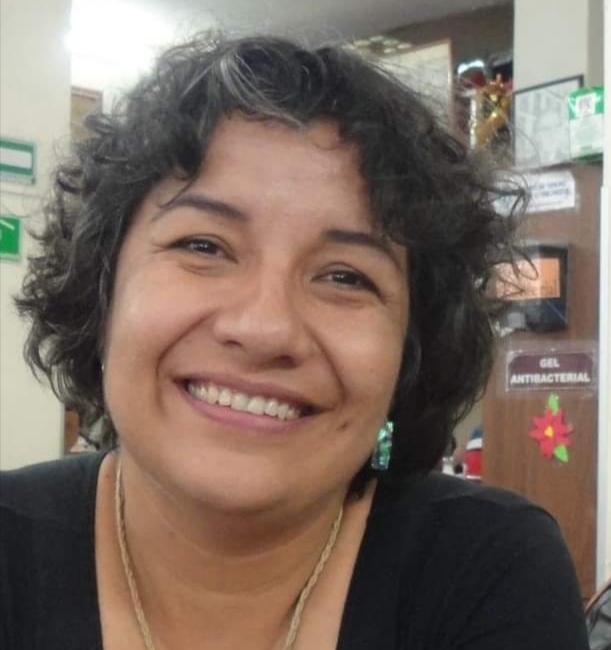
“It is sad that in Colombia we are more prepared for death than for life”
Interview with Professor Sara Fernández from the University of Antioquia, Colombia
(March 2021)
Professor Sara Fernández, Secretary of the Board of Directors of the Association of Professors of the University of Antioquia, was forced to leave her country after being the victim of an attack against her life in her home in Medellín in March 2020. The Association of Professors of the University of Antioquia, of which Sara is a member, and other university organisations, colleagues and students of the University, had received threats some days before the attack. The attack suffered by Professor Fernández is not an isolated case in Antioquia. Quite on the contrary, it evidences a historic and cyclical pattern of violence against those who work at university and defend public education in Antioquia and in the country. The interview also describes the difficulties faced by universities to address this type of situations and provide appropriate support.
Sara Yaneth Fernández Moreno belongs to the second generation of professionals in her family. She is an academic, feminist and activist, and a defender of health and education as a basic, free-of-charge and universal human right, guaranteed by the state. Sara is a fighter for sexual and reproductive rights, sexual dissidence and a defender of a life free from violence for women.
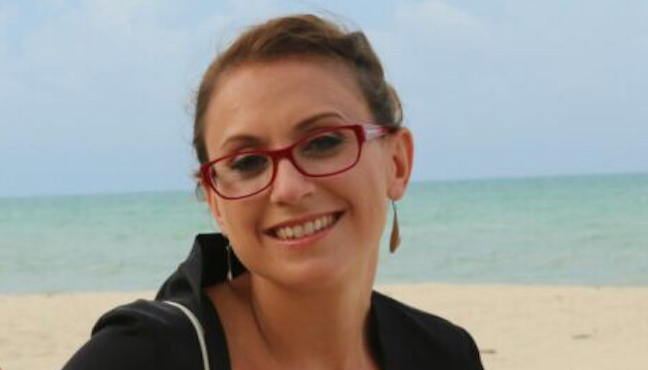
Interview with political scientist and co-founder of the Network Academics under Threat, Francesca Lessa
(February 2021)
The case of Francesca Lessa was one of the cases that prompted the first gathering where the network Academics under Threat was established in Barcelona in 2018. In that gathering, researchers from different countries and disciplines shared their too often silenced stories of harassment and threats because of their research and teaching work at university.
Francesca Lessa is an assistant lecturer in Latin American Studies and Development at the University of Oxford. In addition, she is the honorary president of the Luz Ibarburu Observatory in Uruguay. She holds a PhD in International Relations (London School of Economics and Political Science) and was a Marie Skłodowska-Curie research fellow from 2016 to 2020. She has authored the book “Memory and Transitional Justice in Argentina and Uruguay: Against Impunity” (2013) and co-edited the volumes “Amnesty in the Age of Human Rights Accountability: Comparative and International Perspectives” (with Leigh A. Payne, 2012), “The Memory of State Terrorism in the Southern Cone: Argentina, Chile, and Uruguay” (with Vincent Druliolle, 2011) and “Luchas contra la impunidad: Uruguay 1985-2011” (with Gabriela Fried, 2011).
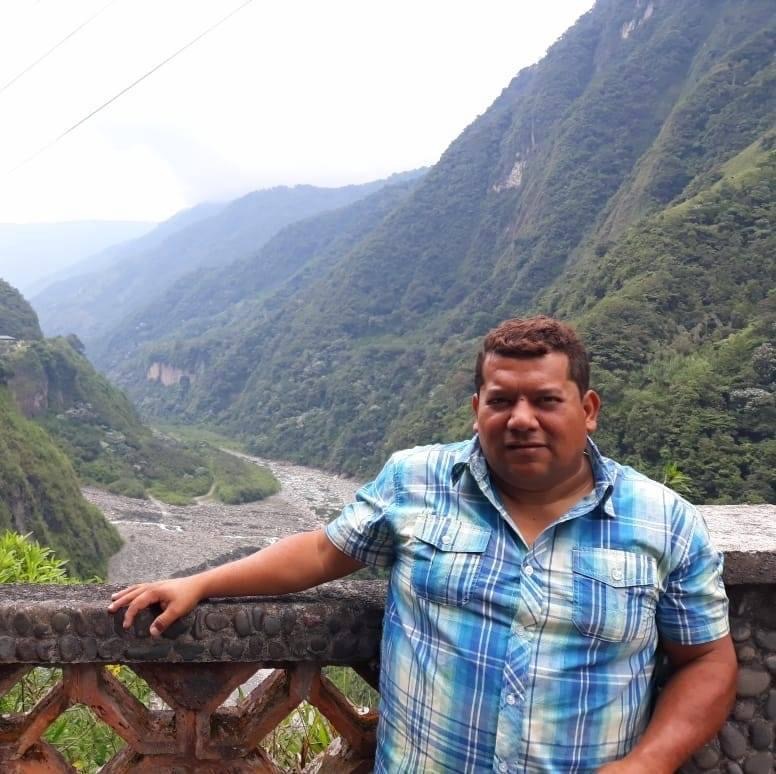
“The risk of writing about violence and doing fieldwork and research in Colombia.”
Interview with Colombian anthropologist Lerber Dimas Vásquez.
(February 2021)
Lerber Dimas Vásquez, a Colombian anthropologist and an expert on urban violence and organised crime in the Sierra Nevada region of Colombia, shares his experience of threats and intimidation that forced him to leave the country.
Lerber Dimas Vásquez is a member of the Oraloteca of the University of Magdalena and a member of the Research Group on Education, Human Rights and Humanised Teaching of Science and Technology of the Federal Institute of Triangulo Mineiro (IFTM), Minas Gerais. He is also part of the Scientific Committee of International Researchers of the publishing house Navegando (Brazil) and a professor of anthropology at the University of La Guajira.
